Interview mit Michael Kadnar (Drums)

Weiter geht es in der Reihe: Interviews mit Drummern. Heute mit Michael Kadnar, den viele von euch sicher als Drummer von DOWNFALL OF GAIA kennen. Auf dieses Interview habe ich mich sehr gefreut, da ich ihn nicht nur gerne in seinen verschiedenen Bands höre, sondern auch seine Live-Performace sehenswert finde. Doch dazu mehr im Interview.
Wir haben daher nicht nur über DOWNFALL OF GAIA gesprochen, sondern auch darüber, was es bedeutet, in verschiedenen Bands mit unterschiedlichen Musikrichtungen zu spielen , ein eigenes Label zu organisieren und zu unterrichten. Außerdem über Vorbilder und den Unterschied zwischen Drumming im Metal und im Jazz – und auch über Paradiddle.
How it started
You started playing the drums when you were in Junior High School. That’s quite late for a drummer, right? What made you want to play the drums?
I actually started playing percussion in middle school, and then moved to the drumset in Junior High School. This is around the time I fell in love with the instrument and knew I wanted to pursue it more seriously. I don’t think age really matters for instruments, but starting earlier definitely helps. As long as a person is dedicated and motivated, I think they can achieve anything they desire.
What fascinated you about the instrument and what was fun about playing the drums? Are you still feeling the same way about that?
I wanted to play drums because of how physical, primal, and emotional the instrument could be. Using all four limbs and hitting something to create sound and music was very interesting to me when I began drumming. I still feel the same way now, however, my passion and emotional connection to the instrument continues to grow deeper every year.
Did you take lessons right after you made the decision to learn how to drum? Did you have a drummer you looked up to during that time or someone that inspired you greatly?
I gradually took more lessons as my interest in drumming grew. I had a local drum teacher who helped me get the basics and encouraged me to play along to my favorite songs. Once I started studying jazz at the university level, I started to contact my favorite drummers for lessons including Mark Guiliana, Dafnis Prieto, and Matt Halpern. I look up to a lot of drummers (too many to write out), especially all the drummers who toured with me/encouraged me to keep going with music.
„ You need to work very hard to achieve your goals“
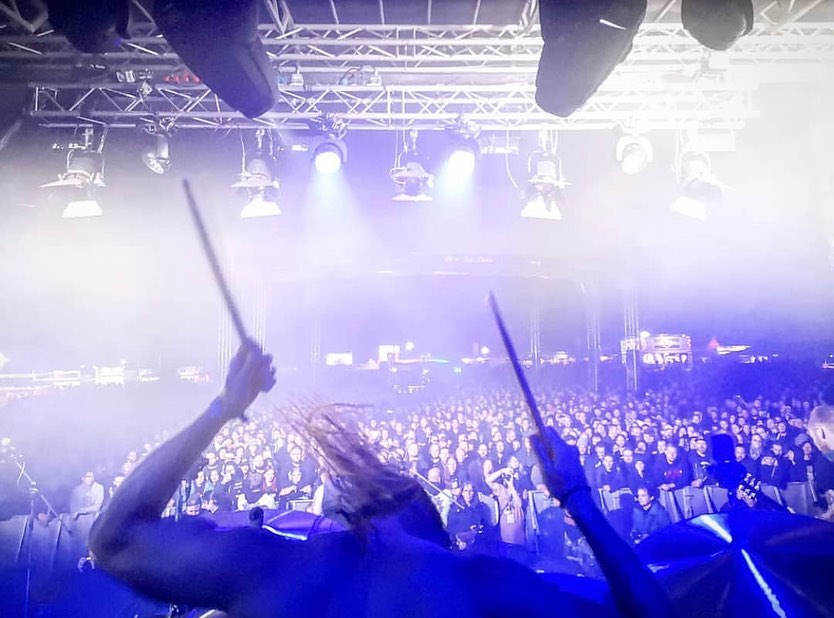
When did you start thinking about making drumming more than a hobby?
I started thinking of drumming more than a hobby when I was 18 and decided to go to university to study jazz drumming and performance. The next 5 years of university helped me develop the skills and mindset to make career out of music.
How did you imagine being a professional musician would be like when you just started out? How did that change over time?
At first, I imagined being a professional musician would be easy since it would be a career doing something that I love. As I got more involved, I still found music as a career very enjoyable, however thinking it is easy was not the right mindset. Just like any career or job, you need to work very hard to achieve your goals.
Do you think there is a big difference between being a drummer or being something like a singer or guitarist?
I don’t think there is a big difference. I think every skill requires many hours of practice and dedication.
You started out playing in metal bands, but you majored in jazz performance. Why did you make that choice? How did you get in contact with jazz music?
My first instructor was a rock drummer who had a jazz background. He delicately introduced me to jazz at a young age by suggesting albums and artists that he thought I would like. I then majored in jazz performance to help diversify my knowledge and playing ability.
Every project requires different sounds and colors
I read that Mark Guiliana is your favourite drummer. What do you like about him? How did he influence you?
Mark Guiliana is definitely one of my favorite drummers, and a huge influence on how I play and interpret music. I discovered Mark by reading a drum publication that covered one of his first projects HEERNT the song „Locked in a Basement” immediately interested me because of its unorthodox use of a typewriter rhythm in the main rhythm of the song. Mark continues to explore unique sounds and grooves with his drumming, while maintaining absolute musicianship and playing what the song needs.
After which criteria do you assemble your drum set? Do you do that differently, depending on whether you play jazz or metal?
What role does the equipment play in general?
Every project I am involved in requires different sounds and colors in order for me to express myself and serve the music correctly. I absolutely use different cymbals for different styles of music (Metal or jazz) and I also use different cymbals, snares, and drum set ups for my different metal projects. For example, in DOWNFALL OF GAIA I use a very minimalistic drum set up (4 cymbals and two toms) and in THE NUMBER 12 LOOKS LIKE YOU I use 8-10 cymbals and two snares.
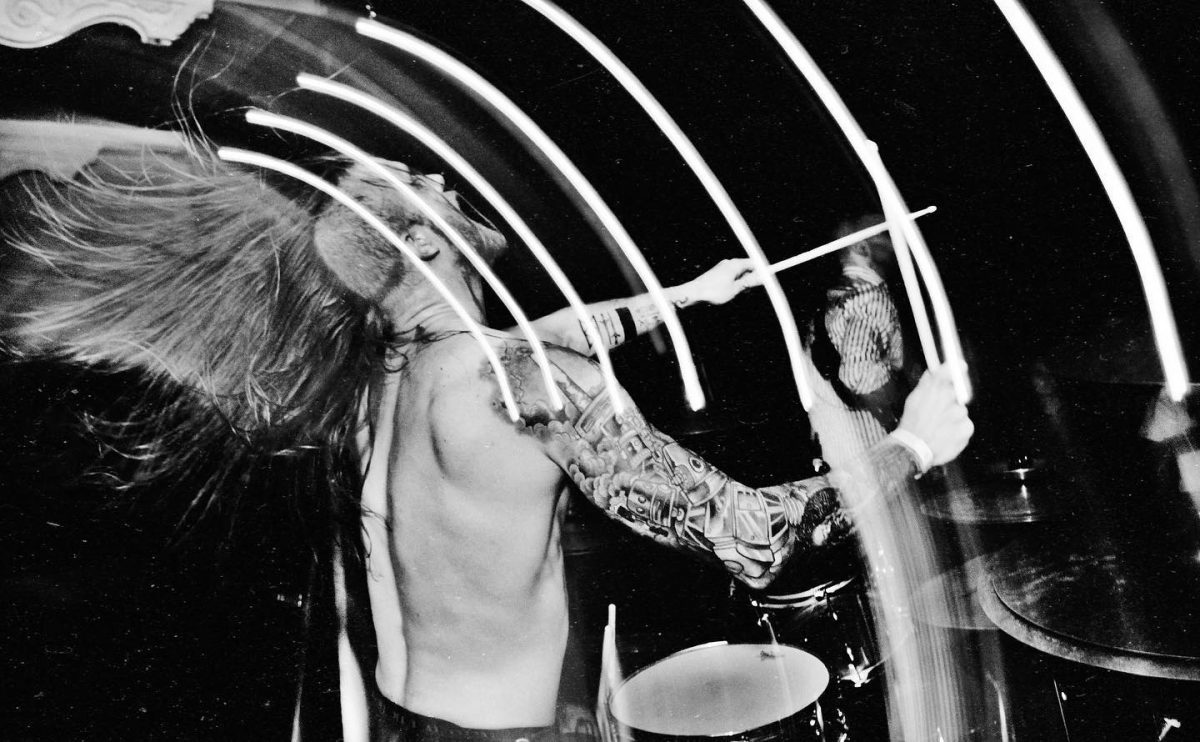
Powerful and energetic drumming
So far, I’ve only seen you play with DOWNFALL OF GAIA. To me as a listener you stand out with your powerful and energetic drumming, in which you put a lot of energy, as well as playing complex patterns. It looks like hard work. Is (metal) drumming hard work, or – to quote a fellow German drummer – “Leistungssport” (a German word for high performing sports)?
Thank you very much for the kind words. I think viewing music or metal drumming as „hard physical work” or „high performing sports” is missing the point of why we play music. I HAVE to play hard and physically in my bands, otherwise the purpose and feeling of the songs wouldn’t be the same for me or for the listener. And I believe metal „can” be physical and is definitely physically demanding if you want to be proficient in the style and be able to play 60-90 minute sets live.
Do you give attention to the audience, when you play?
I don’t really look at the audience that frequently when I play. I usually get completely lost in my world behind the drum set. However, it does help the atmosphere when the audience is energetic and engaging.
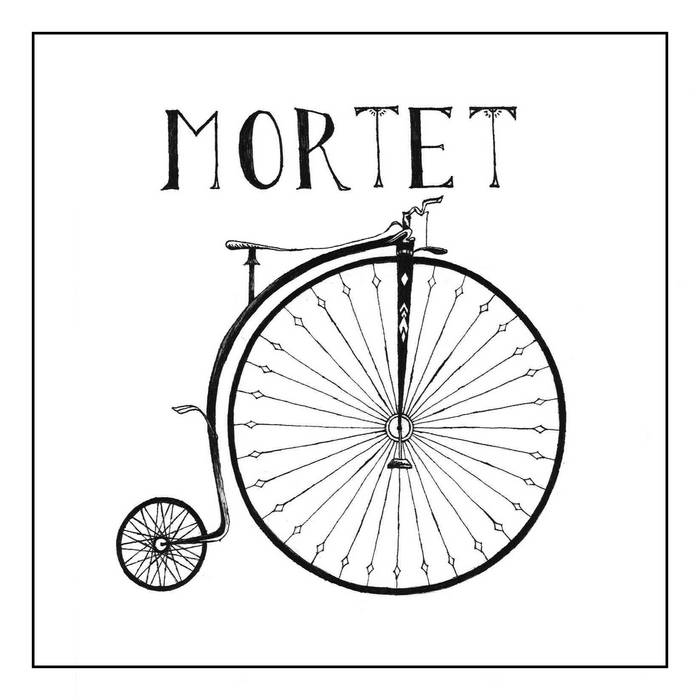
MORTET – another concept
In one of your bands MORTET, you are utilizing figures, rudiments and rhythmic patterns one would not expect from a jazz album. What are the similarities and differences between metal and jazz drumming?
Thank you for listening and realizing this concept. This has been a goal of mine since I started playing drums professionally. I have always wanted to blend styles and concepts across genre lines. I think there is a certain level of virtuosity that is needed to play metal or jazz. Both styles need some technical and academic ability to sound authentic. However, the biggest difference between the two styles is that jazz is a heavily improvised music while metal usually has a predetermined structure. I’ve always tried to marry these dramatically different concepts in both metal and jazz, leaving room to improvise in my metal bands, and trying to be more polyrhythmic and structured in my improvised jazz playing.
What would you say is the characteristic of your drumming style? In other words: How does one know that it’s you behind the drum set?
I think your earlier observation in this interview is pretty accurate. I would like my drumming to be characterized as powerful, energetic and emotional while maintaining precision and intent.
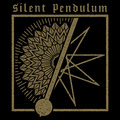
Silent Pendulum Records
In 2013 you started your own label Silent Pendulum Records, that you devoted to experimental metal and jazz. What kind of vision and intention do you have for the label? Are there different target groups, or do they overlap?
My initial vision for Silent Pendulum Records was to press albums on vinyl that I loved that have either never been pressed on vinyl before, or were too difficult to get on vinyl because their demand was higher than the supply. This vision is still very strong and in place, however it has also evolved into pressing vinyl for up and coming bands as well. Aside from pressing most of my personal projects on vinyl with SPR, I also discovered bands like POUND and STEAKSAUCE MOUSTACHE while on tour and was completely blown away. I am happy to say these bands have become close friends and it’s a pleasure being able to support and promote bands that I truly love.
As for target groups, my audience with my label and my bands has always been niche oriented. We are always trying to grow and expand, but we always want to stay true to our cause and original supporters.
By which criteria do you choose the bands/music for the label?
I have to really love the music and the band has to have a really good live show. I also like for my bands to be touring heavily and pushing their sound to as many new audiences as possible.
Why did you decide to release the albums on vinyl?
With the music industry changing and adapting to a more stream based platform, I think it’s very important to still pay tribute to the experience of listening to music. Even with amazing technological progress, the activity of opening, holding, touching, smelling, and playing a vinyl record will never be replaced. Music fans (myself included) still purchase and listen to vinyl records for these reasons, even though streaming an album is quicker, cheaper, and more convenient.
The different kinds of music I play help me express different parts of myself
Beside DOWNFALL OF GAIA and MORTET, you are also the drummer of THE NUMBER TWELVE LOOKS LIKE YOU, BLACK TABLE and BRANNTHORDE. That’s a huge spectrum from experimental jazz over post metal and math core to black metal.
Multiple bands, different genres; Do you need the variation, so you don’t get bored, or do the different kinds of music help you to express different parts of yourself?
The different kinds of music I play help me express different parts of myself. Each band has a special place in my heart, and allows me to express and communicate different emotions through music.
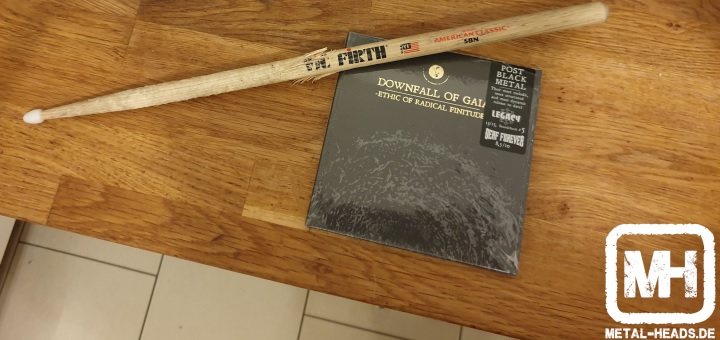
Rehearsal and song-writing about a long distance
DOWNFALL OF GAIA are based in Germany. How did you become a part of that?
I met DOWNFALL OF GAIA while playing drums in BLACK TABLE about 7 years ago (2013) during a USA tour we did. We became close friends after the 30 day tour and stayed in touch. Their drummer ended up leaving the band after the next tour and a drummer slot opened up. DOWNFALL OF GAIA couldn’t find a permanent drummer in Germany at the time, and after a few emails, they offered me the drum chair.
And, how do you rehearse your music?
I learned all the songs at home and practiced on my own for a couple months. Then we met in person and played the set a few times and began the first tour. This process of learning and practice is still how we operate today. I live in New York and the other three members still live in Germany.
Do you take part in the process of song-writing?
Yes. I’ll usually send files back and forth with Dominik from DOWNFALL OF GAIA until we are happy with a basic form. Then we bring the songs to the entire band and add/delete parts and talk over how we want the song to develop.
Communication is everything
You are part of multiple bands, with which you also tour. You have a label and if I recall correctly you also give lessons. How do you manage all of that at once?
Communication is everything. I try to book tours and obligations 4-8 months in advance and keep an open dialogue with all of my bands about what we want to do. I do give private lessons via skype. So far everything has been running smoothly and I look forward to building my bands and touring/recording/teaching as much as possible this year.
Do you have your own methods for teaching?
Yes. I like to mix traditional academia with modern musical approaches and concepts. If you want more info, contact me for a lesson 😉
Yeah, I will come back to this next time you are in Germany!
How important do you think is practice? How often do you practice? Especially in metal, it’s quite common to see fast drumming. Which role do fast patterns have in your style of drumming?
I think practice is very important and I think the pursuit of knowledge is even more important. When you pursue music and become a student of music, you should be a student for life. There is so much to learn and discover from different music styles and cultures. Recently I’ve been studying a lot of Latin and Cuban percussion patterns.
I practice every day. Some days it’s for a few hours, some days it’s only theoretical practice such as transcribing a song (the process of writing out a song on paper to learn/play it later). I keep my speed and song repertoire tight and rehearse it before tours/recording. I’m always working on playing faster/cleaner on the drums, while challenging my mind to learn new patterns/concepts.
Venues, favourite songs and experimenting
You toured through Europe together with DOWNFALL OF GAIA. Do you prefer to play in small clubs or big venues?
I love playing in every size venue and they all have their own benefits. Small clubs allow you to really experience the crowd and energy up close and personal. While big venues usually have better music equipment and amenities.
Is there a favourite song from one of your bands?
Probably „Garden’s All Nighters” or „Atrophy”. It’s hard to say, I like them all.
Recently you shared a video by Julian Sartorius & ET|ET. They are experimenting with paradiddle, for example in the song “RLLRLRLLRRLRLRLRLLRLRLR”. How important is experimenting to you?
That’s a great video. Experimenting is a huge part of my playing and musical experience. For example, we are currently in the Covid crisis, and I’m experimenting with Logic Pro (the recording software) to write drum beats and program sounds on a computer instead of a drum set. This is opening an entire new chapter in my drumming journey. I hope to share it with the world soon.
I would have even more questions, but that’s enough for this time. Is there something that you want to tell our readers?
Thank you for reading and thank you Birgit for the thoughtful and thorough interview. I’ve been working on a lot of new projects and will be launching them throughout 2020! I also have a new Youtube page that has all my up to date content. Stay safe and see you all at a concert soon!
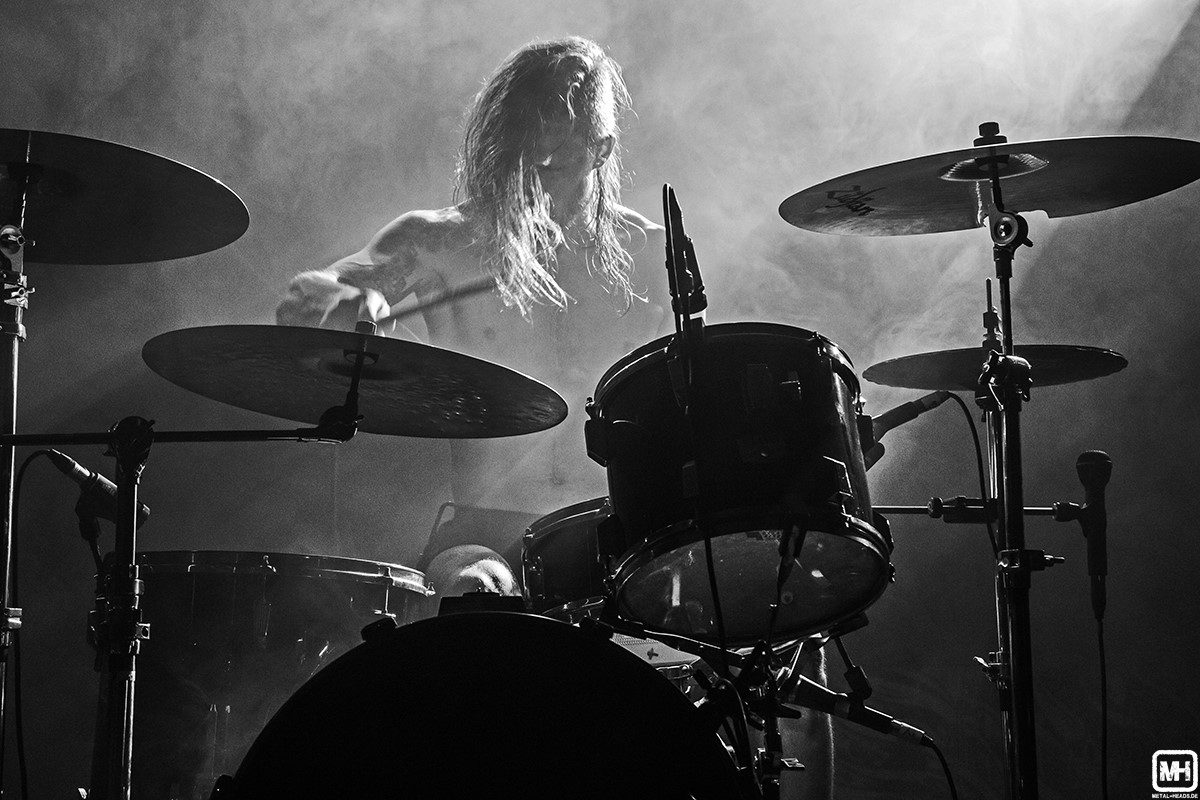
Wenn ihr mehr von Michael Kadnar und seinen Bands sehen und hören wollt, dann schaut und hört doch mal hier rein:
YouTube: https://www.youtube.com/channel/UCbv1-RhEp-AvrAtK4ruMgvQ/featured
Facebook: https://www.facebook.com/michael.kadnar.5
Instagram: https://www.instagram.com/mkadnar/
NEWSLETTER. FREITAGS. KOSTENLOS.
Bildquellen
- michael kadnar: Michael Kadnar
- michael kadnar: Michael Kadnar Foto: Taylor Bates
- mortet mortet cover: silent pendulum records
- silent pendulum: silent pendulum records
- DownfallOfGaia: (c) Moldi / www.metal-heads.de
- Downfall Of Gaia Köln Essigfabrik 6: Bildrechte beim Autor
- michael kadnar: Michael Kadnar Foto: Taylor Bates

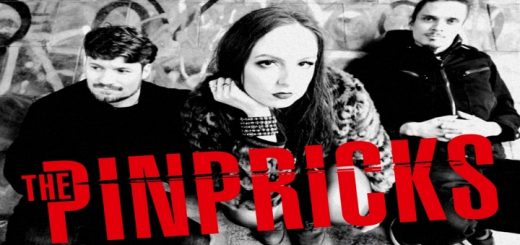

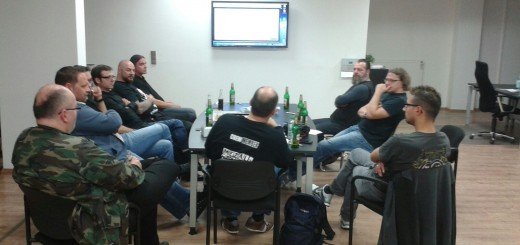
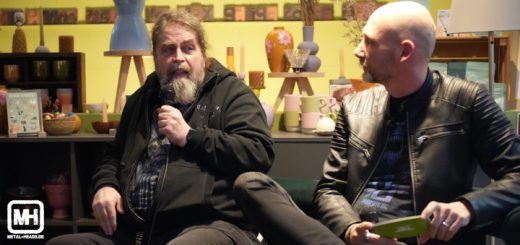


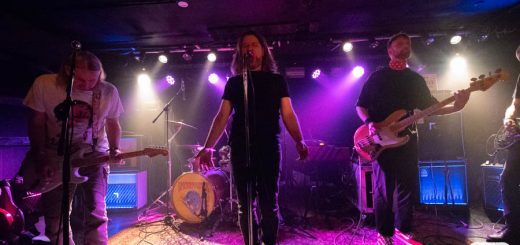
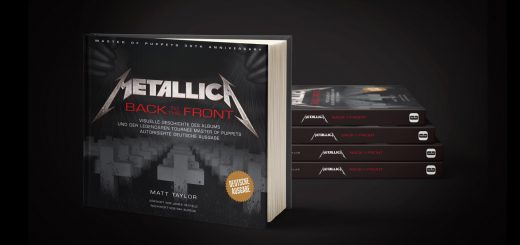
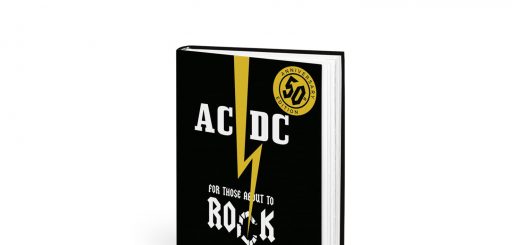
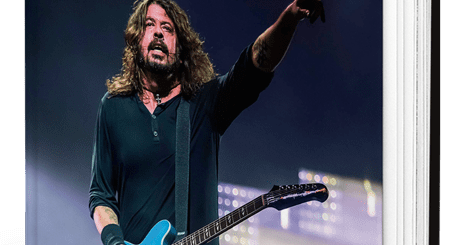
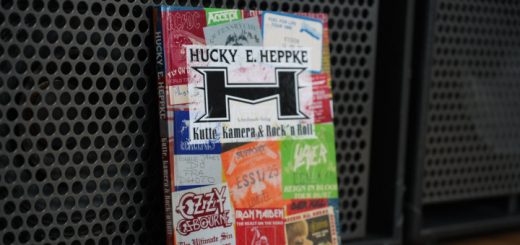
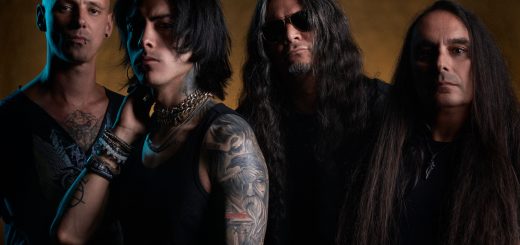
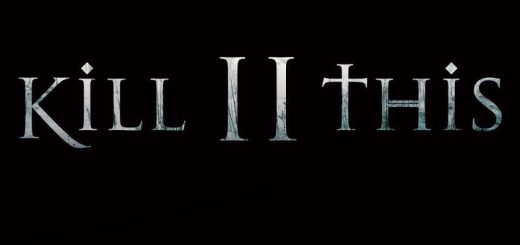
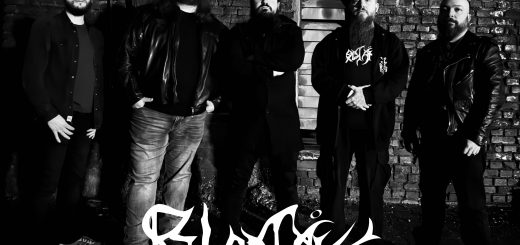
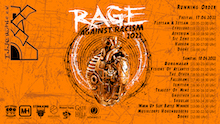










Neueste Kommentare